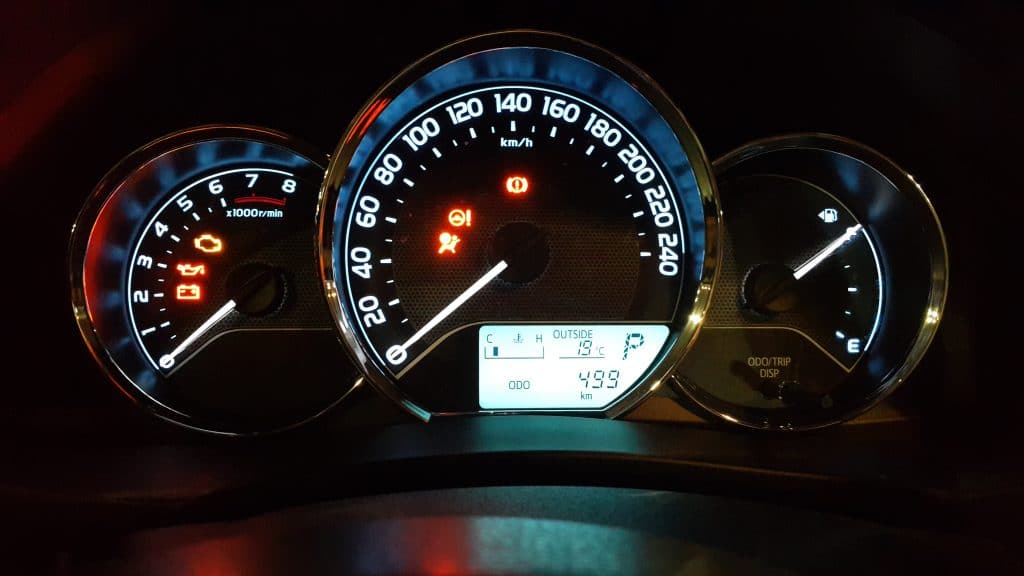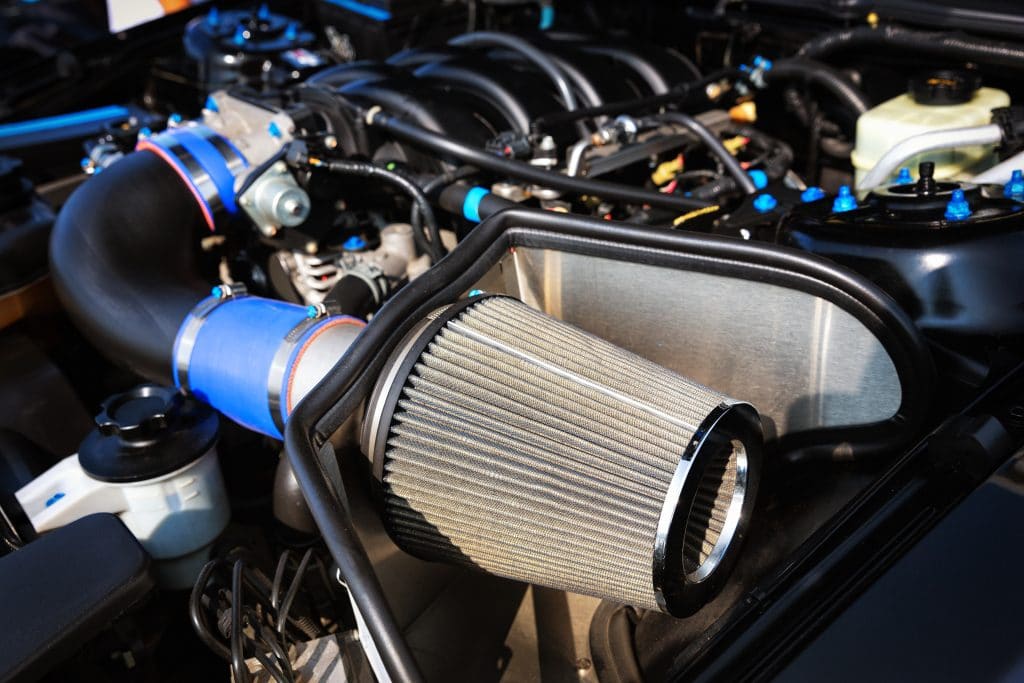P0113 Code: Everything You Need To Know
Modern cars contain dozens of sensors that monitor everything from radiator pressure to engine temperature to the amount of CO2 in your emissions. Since any of these issues can cause your “Check Engine Light” to come on, it’s no surprise that that particular light causes a lot of frustration among motorists. Of course, if you or a friend own a code reader, you can plug into the car and find out what error is causing the issue.
So you’ve read your error code and it says “P0113”. Now what are you supposed to do?
No worries. Solo Auto Electronics is here to explain the P0113 error code, its potential causes, and what you can do to fix it.
Tools Needed For Diagnosis and Repair
Before we go any further, here are the tools you’ll need to properly diagnose and fix a P0113 error code.
- – Flashlight for looking under the hood
- – Temperature gauge for measuring air intake and coolant temperature
- – Multimeter for checking wiring
- – Scanning tool for reading IAT sensor output
What is a P0113 Code?
The P0113 code is one of many codes that are created by your car’s Powertrain Control Module (PCM).
The PCM is basically the brain of your car and monitors a wide variety of systems. Its job is to regulate your fuel to air ratio, manage your transmission, control emissions, and maximize your fuel efficiency. It also controls a variety of other automotive systems. For more information on what your car’s computer does, check out our previous article explaining automotive computers.
If your PCM is returning a P0113 error code, it means that your Intake Air Temperature (IAT) sensor is reading at too high of a voltage.
This sensor works as a basic resistor. The PCM sends it a continuous current of five volts, and monitors how much voltage it gets back. This works because a resistor loses resistance as it heats up. So a cold resistor will lower the voltage more than a hot one, and a sufficiently hot resistor won’t lower the voltage at all. If your resistor is returning the full five volts, it triggers the P0113 error code.
What Does the P0113 Code Mean For My Car?
If your IAT sensor is reading too high of a voltage, your PCM will think that your air intake is excessively hot. This isn’t necessarily the case; we’ll talk about other possible issues in a second.
However, assuming the intake is indeed too hot, you can run into a number of issues with your car. These include issues with the air to fuel ratio and the ignition spark timing and can lead to low gas mileage and high emissions.
Common Causes of the P0113 Code
Here are some of the things that could be causing your IAT sensor to return a high voltage.
- – Dirty air filter. This will cause your intake to overheat but is relatively easy to fix.
- – A faulty or damaged IAT sensor. This is a very common cause.
- – Damaged wiring. Short circuits or stripped wires can cause all kinds of things to go wrong with your electrical systems. It can even be the root cause of a damaged sensor.
- – A defective mass air flow sensor. This is less common, but it can cause your car to try to draw too much air, which can be the root cause of an overheated air intake.
- – Faulty PCM. This is the most expensive possibility, but normally a faulty PCM will be doing more than just misreading the air temperature.


Common Symptoms Associated With the P0113 Code
Here’s what to expect if you’re seeing a P0113 error code.
- – The “check engine” light appears. All this means is that the PCM is showing an error.
- – Subpar engine performance. This may indicate a dirty filter or a defective mass air flow sensor.
- – Poor fuel economy. An overheated air intake can cause your gas mileage to plummet. Of -course, your car will adjust to faulty sensor readings, so gas mileage can also be caused by a bad sensor.
- – Increased emissions. This is caused by having the wrong fuel to air ratio.
- – Poor acceleration. This is also caused by a sub-optimal fuel to air ratio.
What Does Diagnosing the P0113 Code Entail?
Once your scanner has read the P0113 code, there are several steps you can take to resolve the issue.
Check the Air Temperature Reading
First, check if your air filter is clean. If it’s not, change the filter before you do anything else.
Next, you’ll need to let your car idle until the engine is up to temperature. Then, using a temperature gauge, measure the temperature of the air intake and the engine coolant. If your intake has a lower temperature than the coolant, it’s not overheated. If it’s the same temperature or higher, it is.


Examine the Wiring
Next, visually inspect the wiring from the PCM to the IAT sensor. Look for loose, corroded or damaged wires. Use a multimeter to make sure all connections are good.
If the issue isn’t the wiring, it may be caused by the IAT sensor itself. Using the same scanner you used to get the initial P0113 code, read the data directly from your IAT sensor. See if the temperature reading matches what you’re getting with your temperature gauge. If it doesn’t, you have a faulty sensor.
If the temperature matches and there are no other problems, then you have a faulty PCM. See our guide to replacing your PCM for more information on this.
Common Mistakes When Diagnosing the Issue
- Not thoroughly inspecting wiring and connections.
- Replacing the IAT sensor without checking the wiring or air filter for underlying causes.
Possible Solutions For Fixing the P0113 Code
- Rewiring the IAT sensor.
- Changing your air filter.
- Replacing the IAT sensor if needed.
- Replacing your PCM if needed.
How Can We Help?
If it turns out that you need to replace the faulty PCM, please contact us on our website, or call us at 888-848-0144. Our friendly, knowledgeable technicians are the best in the business, and can answer any questions we didn’t address in this article.









